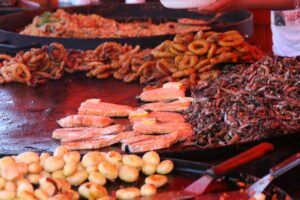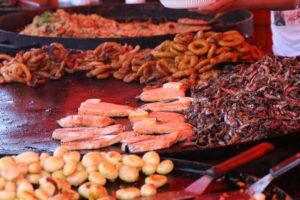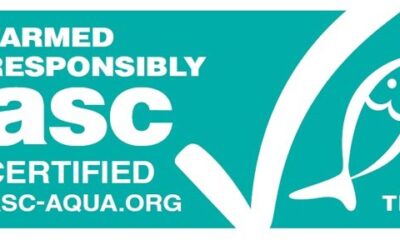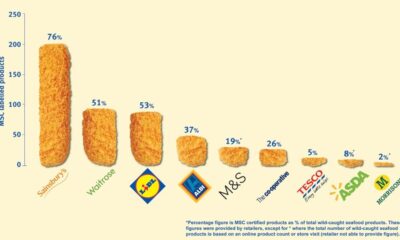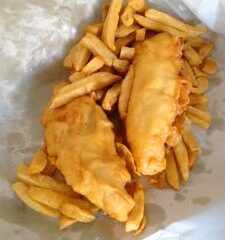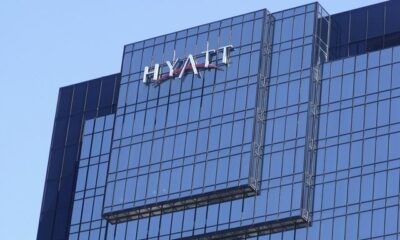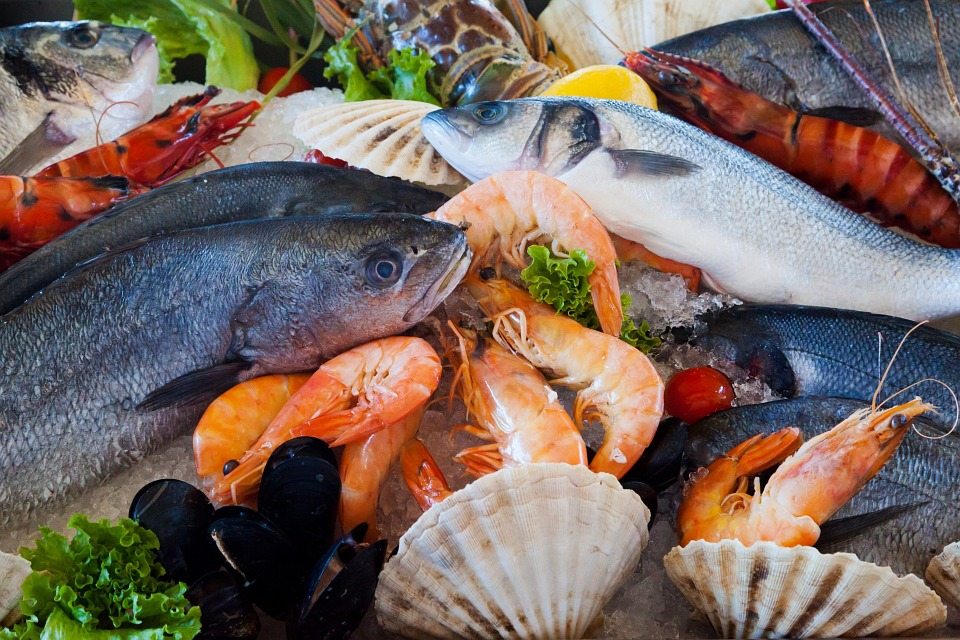
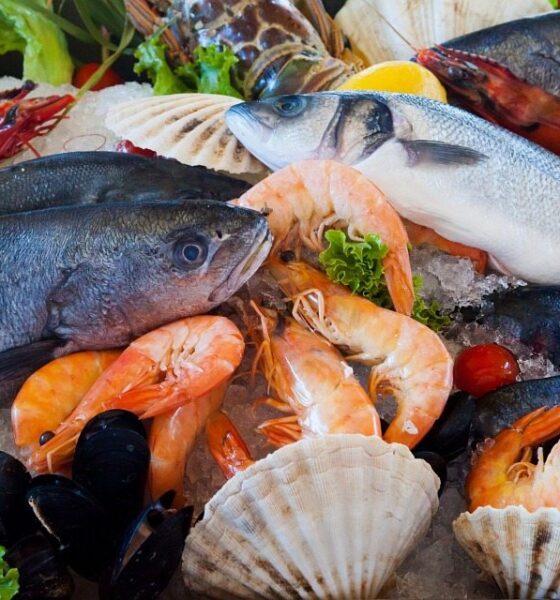
Environment
New Research Reveals Levels of Consumer Trust in Seafood Labelling
Early results from the MSC’s latest survey of more than 16,000 seafood consumers show that more than half (55%) doubt that the seafood they consume is what it says on the packet. Across the 21 countries surveyed, 65% of those purchasing seafood say they want to know that their fish can be traced back to a known and trusted source, with six in ten (63%) saying they look to ecolabels as a trusted source of information.
The findings come as the organisation today released results from its DNA testing of MSC labelled seafood products. In 2015, the MSC commissioned the Wildlife DNA Forensics unit at Science and Advice for Scottish Agriculture (SASA) to conduct DNA tests on a random sample of 257 MSC labelled seafood products from 16 countries. The test verifies that the species described on the packaging is the same as that in the product. The DNA test results show that over 99%* of MSC labelled products are correctly labelled.
Commenting on the results, MSC CEO Rupert Howes said, “Given a recent academic study showing that globally around 30% of seafood is mislabelled«, the results of the MSC’s DNA testing program are very positive. Seafood sold with the blue MSC label can be traced back to a sustainable source, and our robust chain of custody requirements provide reassurance that it’s correctly labelled.”
The latest round of DNA testing is the fifth to be commissioned by the MSC. Previous results also showed very little mislabelling of MSC labelled seafood. The MSC’s DNA testing program and results are captured in a new report, Ocean to plate: How DNA testing helps to ensure traceable sustainable seafood.
Mr Howes adds: “High profile food scares such as the European horsemeat scandal have left many consumers wary of claims made on food packaging. Food fraud undermines the efforts of reputable fishers and traders and has led to wide recognition of the need for credible traceability in the supply chain. The MSC Chain of Custody program is one of the most recognised and widely used ways of providing this reassurance to seafood consumers and businesses.”
MSC labelled fish is sold and processed by certified organisations operating in more than 38,000 sites in over 100 countries. Fishers, processors, retailers and chefs handling MSC certified seafood must follow strict requirements to ensure that seafood is traceable and correctly labelled. The MSC Chain of Custody Standard is used by international seafood suppliers, brands and retailers such as IKEA, McDonalds, Iglo and Lidl to ensure the integrity of the products they sell.
Alfred Schumm, WWF’s Smart Fishing Initiative leader said: “By preferentially purchasing sustainable seafood, consumers are rewarding responsible fishers and their efforts to safeguard our marine resources. A traceable supply chain, from the consumer back to sustainable fisheries, is fundamental to consumers’ trust and confidence in the seafood they’re buying. The MSC’s requirements for traceability are essential if we are to maintain healthy fish populations and ocean ecosystems.”
All MSC certified seafood comes from fisheries which have been independently certified to the MSC’s standard for sustainable fishing, widely recognised as the world’s most credible and robust seafood sustainability certification.
Martin Gill, Managing Director at Acoura Marine, an independent auditor accredited to certify organisations to supply MSC certified products said: “Acoura certifies over 100 companies to the MSC Chain of Custody and it is our opinion that it is without doubt one of the most robust traceability standards within the food industry. Our clients go to great lengths to improve their practices to meet this standard. While at times it’s not easy for them, once they achieve certification they have all been able to benefit both commercially and reputationally. The MSC certified badge is one which suppliers are extremely proud to have and these DNA results not only testify to their efforts to improve traceability, they also show us how committed they are in the aims and objectives of the MSC as an organisation.”
There are now more than 20,000 MSC labelled products available in around 100 countries. To accompany the test findings, the MSC has released a new animation for consumers showing the journey of MSC certified seafood from ocean to plate.
Follow the conversation: #OceanToPlate.


 Environment12 months ago
Environment12 months agoAre Polymer Banknotes: an Eco-Friendly Trend or a Groundswell?

 Features11 months ago
Features11 months agoEco-Friendly Cryptocurrencies: Sustainable Investment Choices

 Features12 months ago
Features12 months agoEco-Friendly Crypto Traders Must Find the Right Exchange

 Energy11 months ago
Energy11 months agoThe Growing Role of Solar Panels in Ireland’s Energy Future
